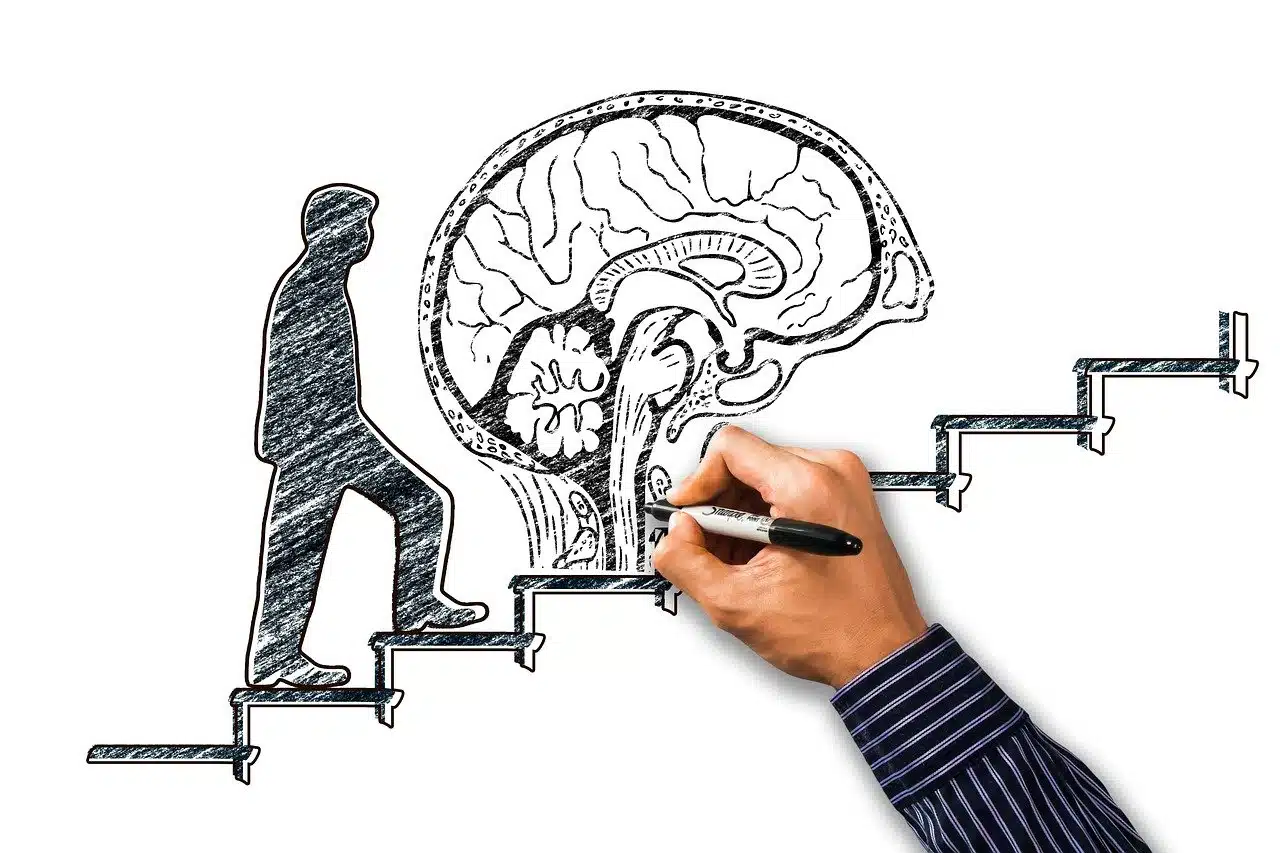
Mental retardation is linked to intellectual functioning that is below average.
Mental retardation is a condition that is diagnosed before the age of 18 and means that the individual who suffers from it has an intellectual functioning that is below average .
Also known as mental retardation or mental deficiency , mental retardation is made up of a series of disorders of a psychological , biological or social nature, which determine a lack of the skills necessary for daily life .
Diagnosis of mental retardation
Generally, a person is considered to have mental retardation when their intellectual functioning is below the IQ of 70-75 and when they have significant limitations in two or more areas of adaptive skills.
Doctors are barely able to detect the specific reason for the delay in 25% of cases. It should be noted that these disorders affect a portion of the world population that represents between 1 and 3%.
It is possible to establish different degrees of deterioration based on mental retardation, from mild or borderline retardation to retardation with profound deterioration . However, specialists prefer not to focus on the degree of delay and work on intervention and care to improve the subject's quality of life.

The measurement of IQ contributes to the diagnosis of mental retardation.
Symptoms and risk factors
Decreased learning ability, lack of curiosity, inability to respond in school , and persistence of childish behavior are some symptoms of mental retardation.
Among the risk factors linked to the appearance of mental retardation are chromosomal, genetic or metabolic abnormalities, infections (such as congenital toxoplasmosis , encephalitis or meningitis ), malnutrition , trauma and intrauterine exposure to amphetamines, cocaine or other drugs.
Assistance to those suffering from mental retardation
There are various residences and hospital centers where they provide care to people with below-average intellectual abilities. It is about offering them a medium in which it is easier for them to adapt to the activities that are carried out, in order to be able to take control of their life and feel autonomous, within the limits of each one. Families in which one of their members has significant mental retardation often struggle to provide them with all the help they need, making the effort to always be on their feet and with a smile, so as not to show how much they suffer.
The terror of any parent of a child with mental deficiencies is the thought of leaving him alone and unable to take care of himself. Human beings are hostile towards the weakest and we have a dangerous tendency to take advantage of others, without making distinction or showing any compassion. To avoid these risks, it is advisable to go to a specialized residence , even years before considering permanent hospitalization, given that there patients find a much higher level of understanding and integration than on the street and have more opportunities to develop their abilities .
It is known that mental deficiencies are not static problems, and that their evolution is notably different according to the influence of the environment, unless it is a very serious condition. With the help of the right professionals, it is possible for patients to receive the love and incentive they need to exploit their intellectual and emotional resources, to learn skills and to feel as useful as the rest of the people.
In any case, the worst thing you can do is limit their lives and make them feel burdens to their families. As long as the person has enough autonomy to go out on their own and interact with others, it is highly advisable to encourage them to carry out creative activities, study and work. Interacting with other human beings is not easy for anyone, regardless of the level of mental health, but it is healthy for those who are part of a society , since it provides them with the necessary weapons to grow and develop.
